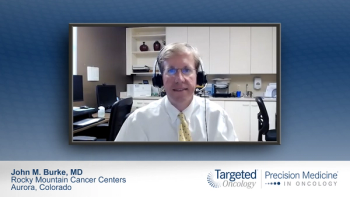
Experts discussed using newer targeted treatment approaches as frontline therapy instead of transplant in patients with relapsed/refractory diffuse large B-cell lymphoma.

Experts discussed using newer targeted treatment approaches as frontline therapy instead of transplant in patients with relapsed/refractory diffuse large B-cell lymphoma.
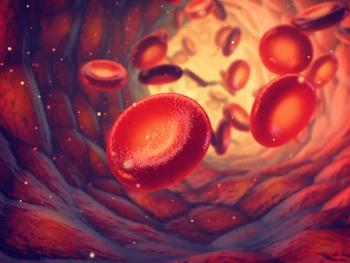
A 1-stage factor VIII assay revealed no apparent decrease in factor VIII activity over time.
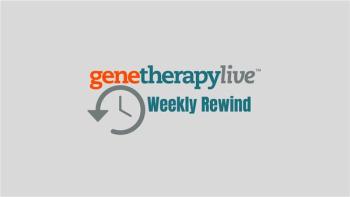
Review top news and interview highlights from the week ending November 19, 2021.

The gene-edited approach hopes to overcome with the shortcomings of autologous hematopoietic stem-cell transplantation.
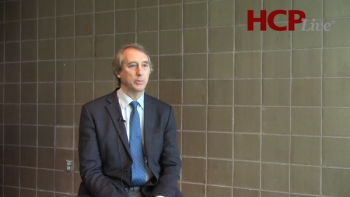
The chief executive officer of California Retina Consultants discussed the positive results of RGX-314 gene therapy in wet AMD.
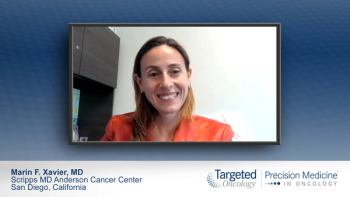
Experts discussed using CD19-targeted agents in patients with various subtypes of diffuse large B-cell lymphoma.
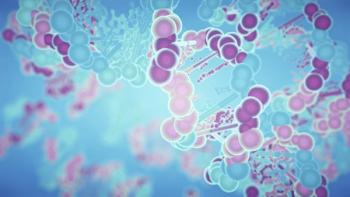
Following updated safety data, Rocket Pharmaceuticals has decided to discontinue the high-dose cohort.
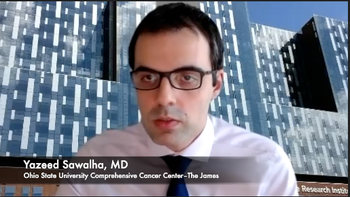
The hematologist at Ohio State University Comprehensive Cancer Center–The James discussed utilization rates of autologous stem cell transplant in patients with mantle cell lymphoma.

The phase 1 trial is the first in-human trial to assess a gene therapy for CMT.

The cell therapy is set to be evaluated in a 2-part, phase 1/2 trial.
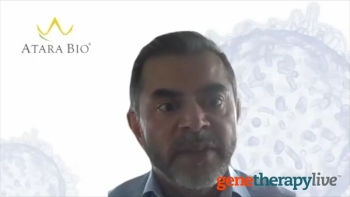
AJ Joshi, MD, chief medical officer, Atara Biotherapeutics, discussed data from the ALLELE study to be presented at ASH 2021.
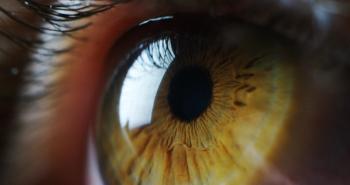
The Doheny Image Reading and Research Lab is leading a sub study to analyze OCT images with their proprietary 3D-OCTOR software.
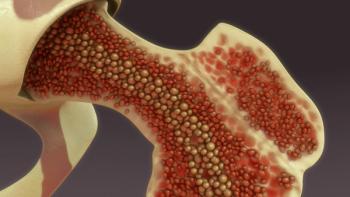
A reduction in late mortality among patients who received allogeneic blood or marrow transplantation in the last 40 years was limited to those who received treatment at a younger age.
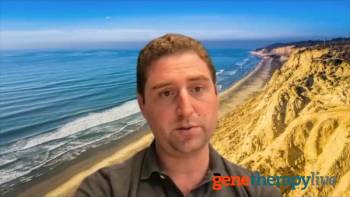
Dan Oliver, cofounder and chief executive officer, Rejuvenate Bio, discussed the company’s ultimate goal of reversing aging.
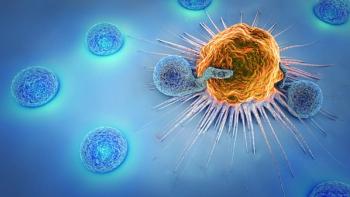
The NK cell therapy is also being evaluated in a phase 1 study for acute myeloid leukemia.
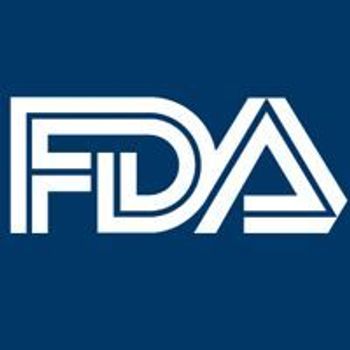
The professor of medicine at Duke University School of Medicine previously served as commissioner in 2016.
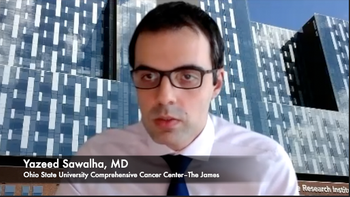
The hematologist from Ohio State University Comprehensive Cancer Center–The James discussed the impact of socioeconomic factors on completion of autologous stem cell transplant in patients with mantle cell lymphoma.
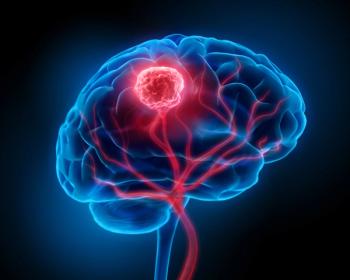
Overall survival was 72% at 12 months but dropped to 54% at 14.6 months.
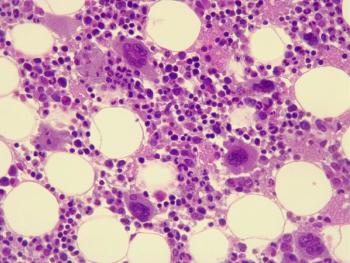
The request aims to ensure the comparability of omidubicel manufactured at different sites.
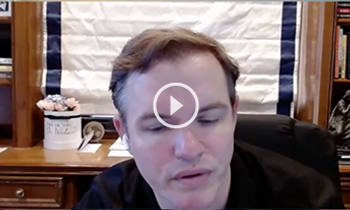
The director of Lymphoma Clinical Research at the University of Texas MD Anderson Cancer Center, discussed the future of DLBCL treatment.

Review top news and interview highlights from the week ending November 12, 2021.
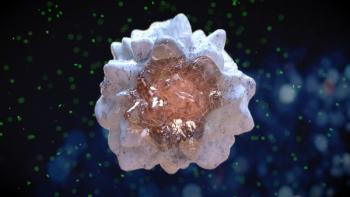
The first in-human study of CAR macrophages has dosed 2 participants so far.
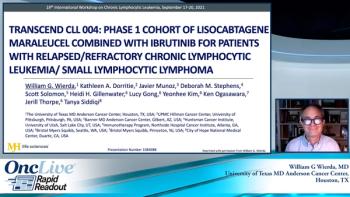
The associate professor of medicine from MD Anderson Cancer Center discussed data from the phase 1 cohort of liso-cel combined with ibrutinib.
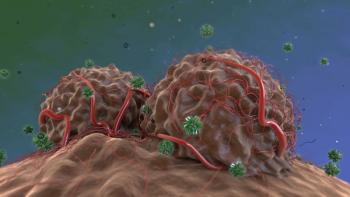
The BASECAMP-1 study is identifying patients with human leukocyte antigen (HLA) loss of heterozygosity (LOH) for future use of these therapies.
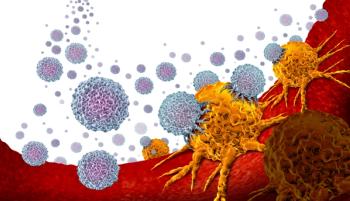
Three patients dosed had tumors shrinkages of 18%, 21%, and 27%.
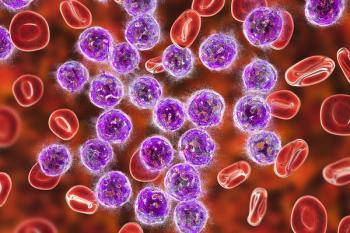
The hematologist from Moffitt Cancer Center discussed the FDA approval of brexucabtagene autoleucel in relapsed/refractory B-cell acute lymphoblastic leukemia.
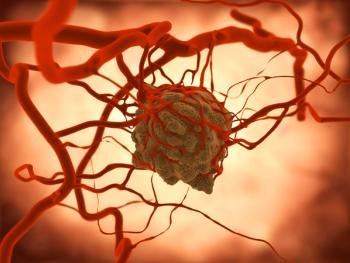
Data from the IMA203 trial were presented at the SITC 2021 annual meeting.
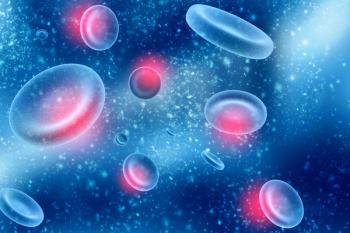
Sonny Hsiao, PhD, chief executive officer, president and cofounder, Acepodia, discussed the company’s future research and plans.
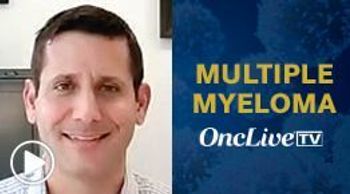
The director of Myeloma Immunotherapy at University of Pennsylvania discussed ciltacabtagene autoleucel's safety profile.

Investigators are planning a first-in-man clinical trial for photoreceptor precursor transplant in Singapore.